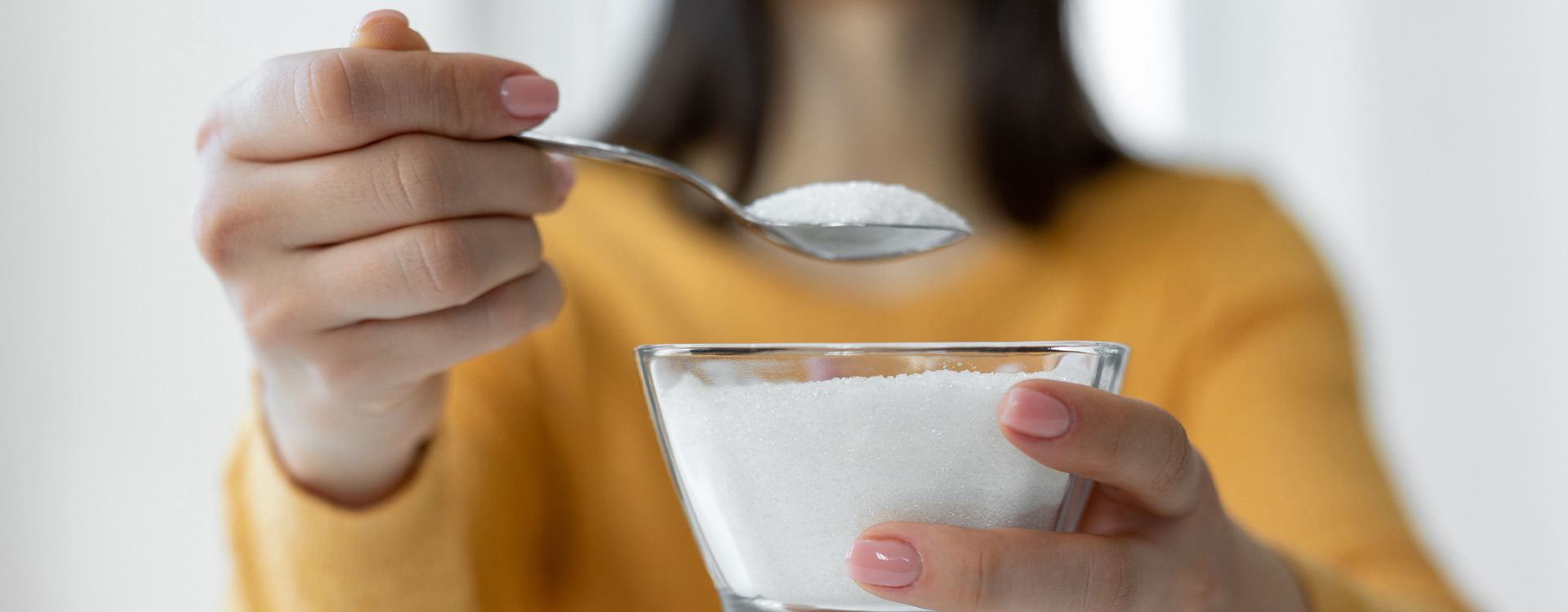If you’ve had a heart attack, you may wonder if you can live a normal life again and worry about having another heart attack. You may also experience anxiety, depression or even anger at yourself. All of this is completely normal. Here’s what you need to know about recovering well, feeling like yourself again and preventing a future heart attack.
How Long Does it Take to Recover from a Heart Attack?
Depending on the severity of your heart attack, it can take a few weeks to a few months to fully recover. When you get home from the hospital, it’s common to feel tired and weak. It’s important to get plenty of rest and good sleep as you recover. Your cardiologist may also recommend that you gradually increase your physical activity so you’re even more active than you were before your heart attack.
To stay active and reduce your risk of depression:
- Shower and get dressed each day
- Pace yourself and spread activities throughout the day
- Walk daily as recommended by your cardiologist
As you start to regain energy, you can resume simple household chores like:
- Folding laundry
- Cooking
- Doing the dishes
- Dusting
- Light gardening
Until your doctor tells you it’s safe to do so, avoid:
- Lifting, pushing or pulling heavy objects
- Vigorous physical activities, like intense yard work, sports, or workouts
- Social support after having a heart attack
Having a heart attack can be a traumatic experience. It’s normal to feel angry, depressed, anxious, and afraid after having a heart event. If you’re having trouble coping or don’t feel like yourself, talk to your:
- cardiologist or primary care provider
- counselor
- faith leader
- trusted family member or friend
- It’s also crucial to make time for activities, hobbies, and people you enjoy, so you start to feel like yourself again.
Cardiac Rehabilitation After Having a Heart Attack
Cardiac rehab can be an essential part of heart attack recovery. It is a medically supervised program that includes:
- Exercise training and education to improve heart health
- Education on leading a heart-healthy lifestyle (like quitting smoking, eating heart-healthy foods, and losing weight)
- Counseling to reduce stress
- Your cardiologist may prescribe cardiac rehabilitation when you are discharged from the hospital. If not, ask at your next appointment if cardiac rehab is right for you.
What To Do if You Have Chest Pain After a Heart Attack
Some people experience dull chest pain or pressure after recovering from a heart attack. This pain is called angina pectoris, or unstable angina. Angina can occur after:
- Physical activity
- Eating a large meal
- Experiencing intense emotions
Sit down and rest if you experience chest pain. If your cardiologist prescribed nitroglycerin, place a tablet or spray the medication under your tongue. If you still have pain after five minutes, call 911. Never attempt to drive yourself to the hospital.
Tell your doctor right away if you experience any chest pain, even if it disappears after a few minutes.
Preventing Another Heart Attack
If you’ve had a heart attack, you have a higher risk of experiencing another in the future. According to the American Heart Association, 20% of people over age 45 who’ve had a heart attack will have another one within five years. You can lower your risk by:
- Participating in cardiac rehabilitation
- Attending your follow-up doctor’s appointments
- Not smoking
- Eating heart-healthy foods
- Exercising regularly
- Decreasing your stress
- Managing risk factors like high cholesterol, high blood pressure and diabetes
- Ask your cardiologist about other ways you can reduce your risk of another heart attack.
To maintain good heart health, see your primary care provider every year for a physical. Find a provider near you at pardeehospital.org/primarycare.
Learn more about the quality of heart attack care at Pardee at pardeehospital.org/heartscantwait.




